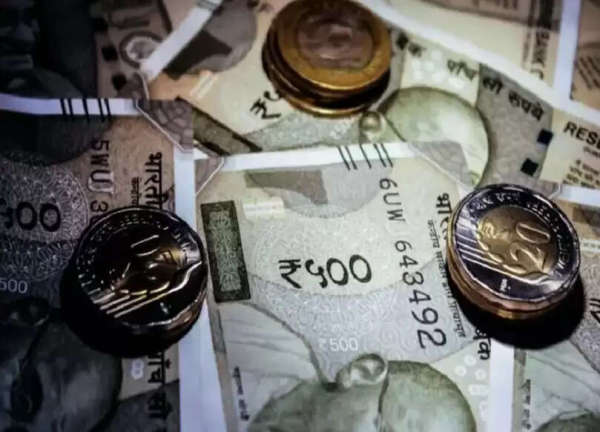
Savings Bank Account Deposit Rules: Very few people know how much money can be kept in a savings account. Is there any limit to it? And if more than the limit is kept, is there any tax or penalty? Let us know the answers to all these questions in detail.
The Reserve Bank of India (RBI) has not set any limit for keeping maximum money in a savings bank account. That is, any person can keep as much money as he wants in his savings account. It completely depends on the person's wish and the bank's policy.
Banks generally do not recommend keeping very large amounts in a savings account, especially when that amount remains deposited for a long time without any transaction.
If you have deposited ₹ 10 lakh or more in cash in a savings account in a financial year (FY), the bank reports that information to the Income Tax Department. Information is also given to the tax department if you deposit ₹10 lakh or more in a fixed deposit (FD).
If the interest in your savings account is more than ₹10,000 in a year, then it is considered taxable income and tax may have to be paid on it.
If you keep a lot of money in your savings account and it does not match your income profile, then the Income Tax Department may ask you for an explanation. In such a situation, you must have the correct source and documents of the money.
The interest received on savings accounts is very limited (usually 2.5% to 4%), while options like FD or mutual funds can give higher returns. Therefore, keeping more money than necessary in a savings account gives less interest on your capital.